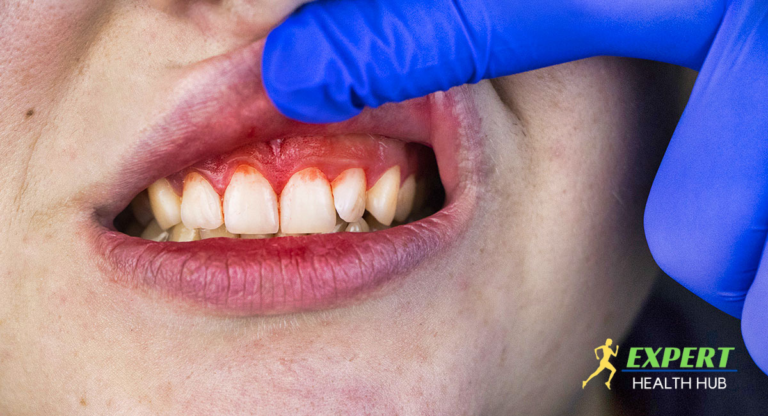How long is immune system compromised after steroid injection
How long is immune system compromised after steroid injection:
In this article, you learn ultimately about how long is immune system compromised after steroid injection. In the dynamic realm of contemporary medicine, steroid injections have emerged as versatile interventions, offering relief from inflammatory conditions and persistent pain.
Table of Contents
However, the enigma surrounding the duration of immune compromise post-steroid injection prompts an exploration into this intricate relationship. This comprehensive guide seeks to demystify the complex interplay between steroid injections and the immune system, delving not only into potential side effects but also into the nuanced landscape of their positive impacts.
Unraveling the Dance Between Steroids and Immune Cells:

To fathom the consequences of steroid injections on the immune system, it’s essential to plunge into the intricate choreography between steroids, often corticosteroids, and immune cells. These substances operate by deliberately suppressing the immune system’s inflammatory response, aiming to mitigate inflammation and provide relief from conditions like arthritis, tendonitis, and allergies.
Lingering Effects: How Long Does Immune Compromise Last?
While the purpose of steroid shots is to impact the immune system, a crucial question arises: how long is immune system compromised after steroid injection? The duration of immune system compromise post-steroid injection depends on multiple factors, including the type of steroid administered, the dosage, and the individual’s unique physiological response.
Navigating Side Effects: A Varied Landscape:
Despite their primary goal of quelling inflammation, steroid injections come with caveats. Side effects may include:
Temporary Blood Sugar Elevation:
Steroids may induce a short-term increase in blood sugar levels, particularly in individuals with diabetes. Monitoring blood glucose levels is imperative during and after steroid administration.
Weakened Immune Response:
Suppressing the immune response, while beneficial for managing inflammation, raises concerns about susceptibility to infections. Compromised immune function is a double-edged sword that demands careful consideration.
Mood Swings and Insomnia:
The influence of steroids on mood and sleep patterns is a well-documented facet of their side effects. Patients may experience transient mood swings and disturbances in sleep, emphasizing the need for mindful observation.
The Aftermath: Unsettling, Yet Transient:

The aftermath of a steroid injection may not always be smooth sailing. Individuals frequently suffer fleeting symptoms, including weariness, slight discomfort, or mood swings. Despite being uncomfortable, these feelings usually go away as the body adjusts to the medicine.
The Reassurance of Transience:
The reassuring aspect of steroid side effects is their transience. As the medication gradually exits the system, any associated symptoms generally subside. However, vigilance is crucial, and any lingering or severe side effects should be promptly communicated to healthcare providers for a nuanced assessment.
Balancing Act: Recognizing Positive Impacts:
While acknowledging potential side effects, it is equally important to recognize the positive impacts of steroid injections, including:
Pain Reduction:
Steroid injections play a pivotal role in alleviating pain associated with conditions such as arthritis and joint inflammation, contributing significantly to an improved quality of life.
Inflammation Control:
The ability of steroids to curb inflammation is crucial in managing conditions like tendinitis and bursitis, offering relief and facilitating the healing process.
Allergy Management:
Steroids prove effective in managing symptoms of allergic reactions, providing relief from nasal allergies to various skin conditions.
Striking the Delicate Balance:
Navigating the intricate terrain of steroid injections and their impact on the immune system hinges on striking a delicate balance. While acknowledging potential side effects, it is paramount to recognize the nuanced interplay between suppressing inflammation and fostering overall well-being.
Conclusion:
In conclusion, the query of: how long is the immune system compromised after steroid injection? Underscores the necessity for informed decision-making. Steroid injections, when administered under healthcare professionals’ guidance, offer a valuable arsenal in managing various health conditions.
The fleeting character of side effects combined with observable advantages presents a complex picture of their place in contemporary medicine.
Keep lines of communication open with your healthcare practitioner as you set out on your path to health and well-being.
Your unique medical history and individual response to treatment guide the trajectory of care. In this case, knowledge serves as your compass, empowering you to make informed choices aligned with your health goals.
FAQs:
Q1: How long does immune compromise typically last after a steroid injection?:
A1. The duration of immune compromise varies based on factors like the type of steroid, dosage, and individual response. Consult your healthcare provider for personalized information.
Q2: What are the common side effects of steroid injections?:
A2. Common side effects include temporary blood sugar elevation, a weakened immune response, and mood swings. Promptly inform your healthcare provider of any severe or lingering effects.
Q3: Can steroid side effects be managed?:
A3. Yes, many side effects are transient and subside as the medication leaves the system. Consult your healthcare provider for guidance on managing specific symptoms.
Q4: Are there alternatives to steroid injections for managing inflammation?
A4. Depending on the condition, alternatives like non-steroidal anti-inflammatory drugs (NSAIDs) or physical therapy may be considered. Discuss with your healthcare provider to explore suitable options for your case.
Pro tip: For more information about how long is immune system compromised after steroid injection, you can question or visit Quora or Linked






